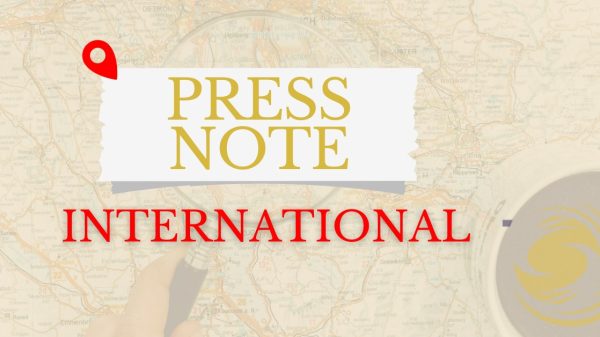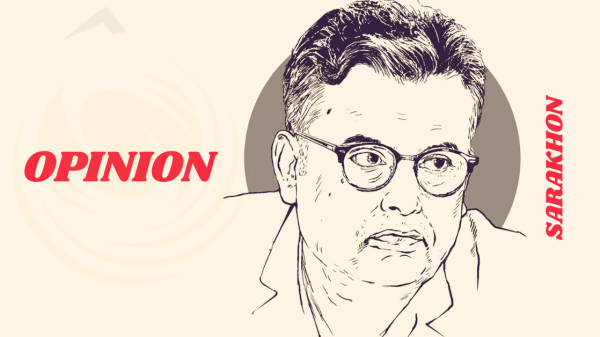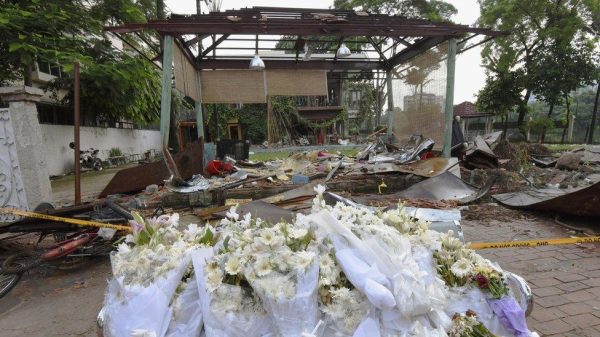July 8, 2025, 9:15 am
BREAKING NEWS
US Importers Push Back on Trump’s 10% Tariff Surcharge, Bangladeshi Apparel Exports

Sarakhon Report
- Update Time : Tuesday, April 22, 2025

Background
On April 2 at the White House, President Donald Trump announced that reciprocal tariffs would be suspended for 90 days—but a 10% surcharge would remain in place on all imports. This extra levy now adds directly on top of existing duties, creating a fresh cost hurdle for Bangladesh’s garment exporters.
Buyer Pushback
- Higher Overall Duty: Prior average duty of 14.1% would effectively rise to 24.1% with the extra 10% surcharge.
- Refusal to Absorb Costs: US buyers are unwilling to shoulder the entire increase, pressuring suppliers to cover at least part of it.
- Delayed Shipments: Where no agreement is reached, importers are delaying shipment approvals, disrupting delivery schedules.

Negotiation Process & Impact
- Major Brands Silent: Offices of Walmart, Target, Gap, Levi’s, PVH and others in Dhaka have so far avoided commenting.
- Cost‑Sharing Models: Most importers propose splitting the 10% extra—some agree to 8% themselves and shift the remaining 2% onto exporters.
- Production Holds: Importers warn they may suspend ongoing orders or decline new contracts without price concessions.
Industry Concerns & Preparations
- Producer Dilemmas: Manufacturers must balance cost‑sharing demands with quality maintenance and profit margins to secure future orders.
- DBL Group’s Stance: MD M.A. Jabbar notes buyers suggest sharing 5–10%; producers will decide based on capacity.

- Policy Appeals: Industry leaders, including Yunus Sir, urge suspension of the full 37% reciprocal tariff and report parallel measures in other countries.
- Efficiency Drives: Owners are accelerating investments in uninterrupted power and gas supply to offset added costs.
Retail‑Level Effects
- Slower Store Sales: Showrooms are managing stock more cautiously as end‑consumers worry about retail price hikes.
- Pressure on Suppliers: Anticipated higher retail prices further tighten buyer negotiations, squeezing exporter margins.
Key Statistics
- 2023 Exports to the US: USD 7.29 billion
- 2024 Exports to the US: USD 7.34 billion
More News Of This Category










Leave a Reply